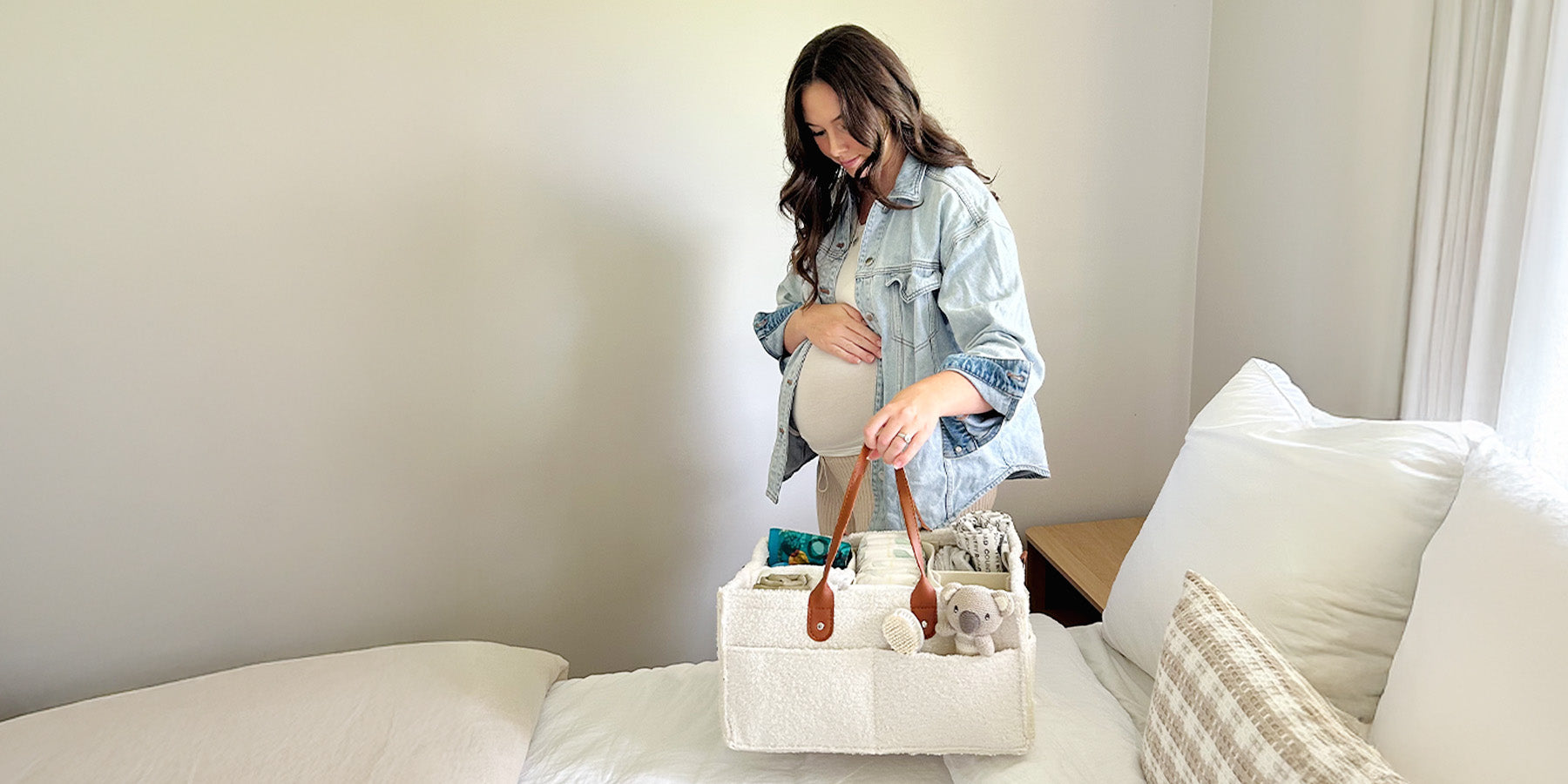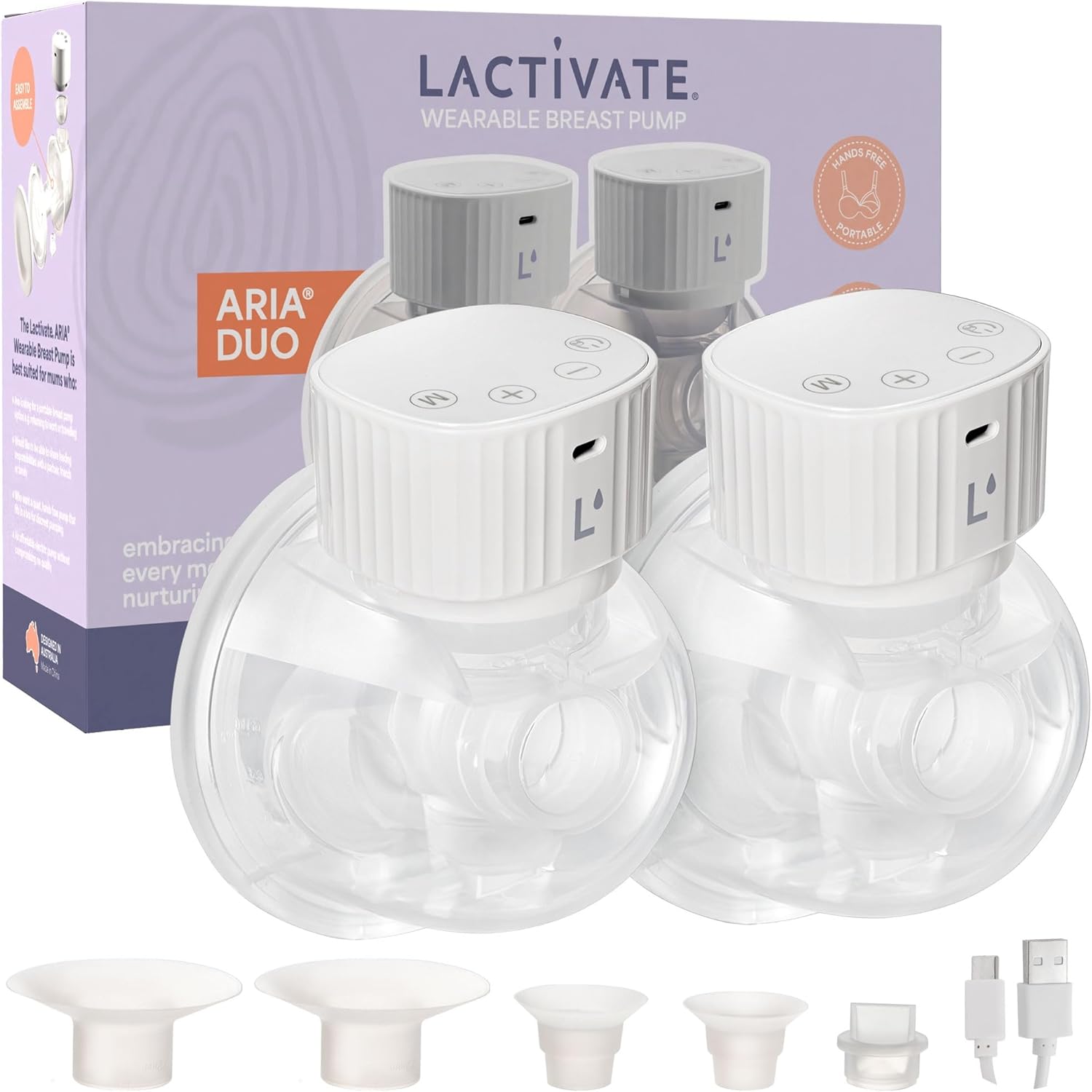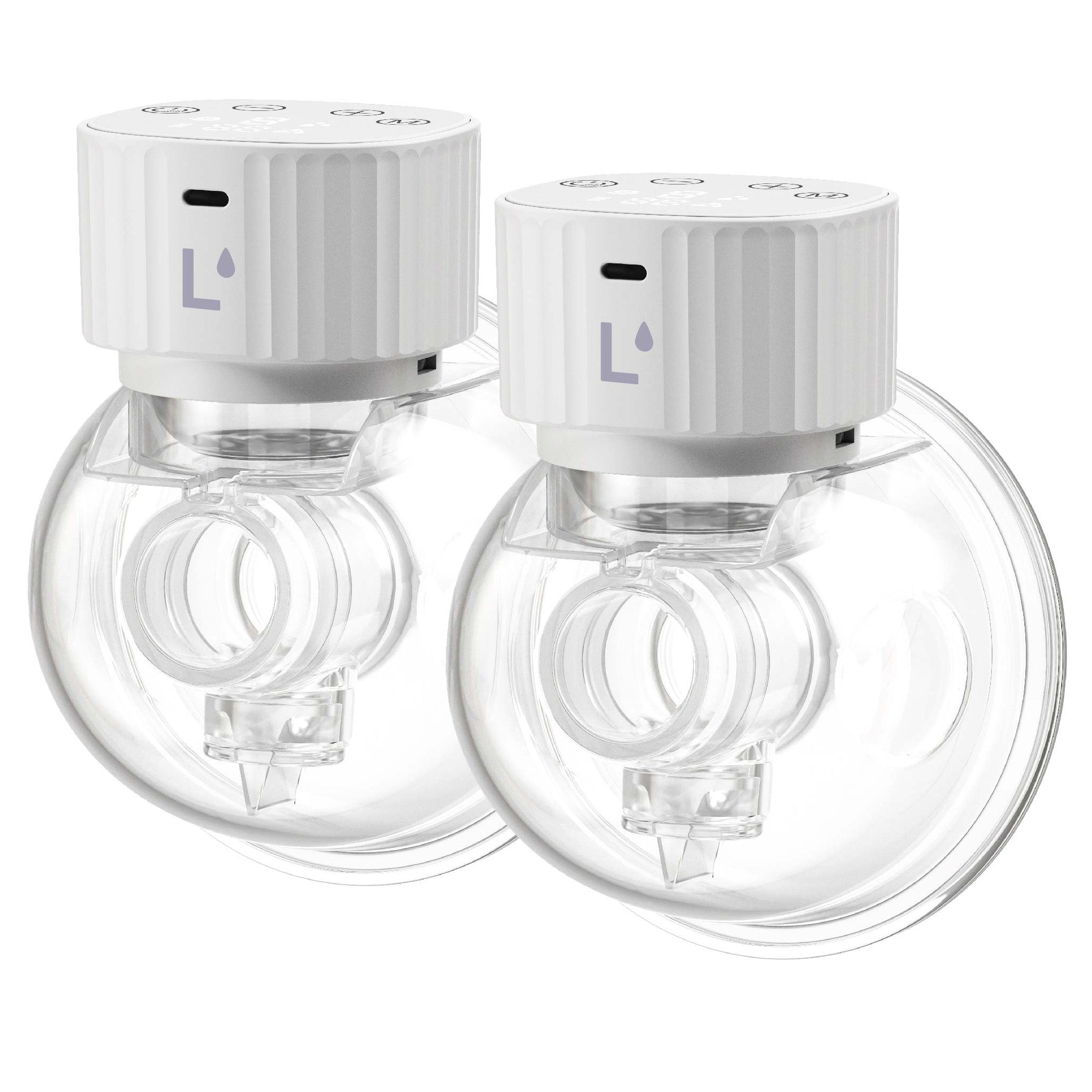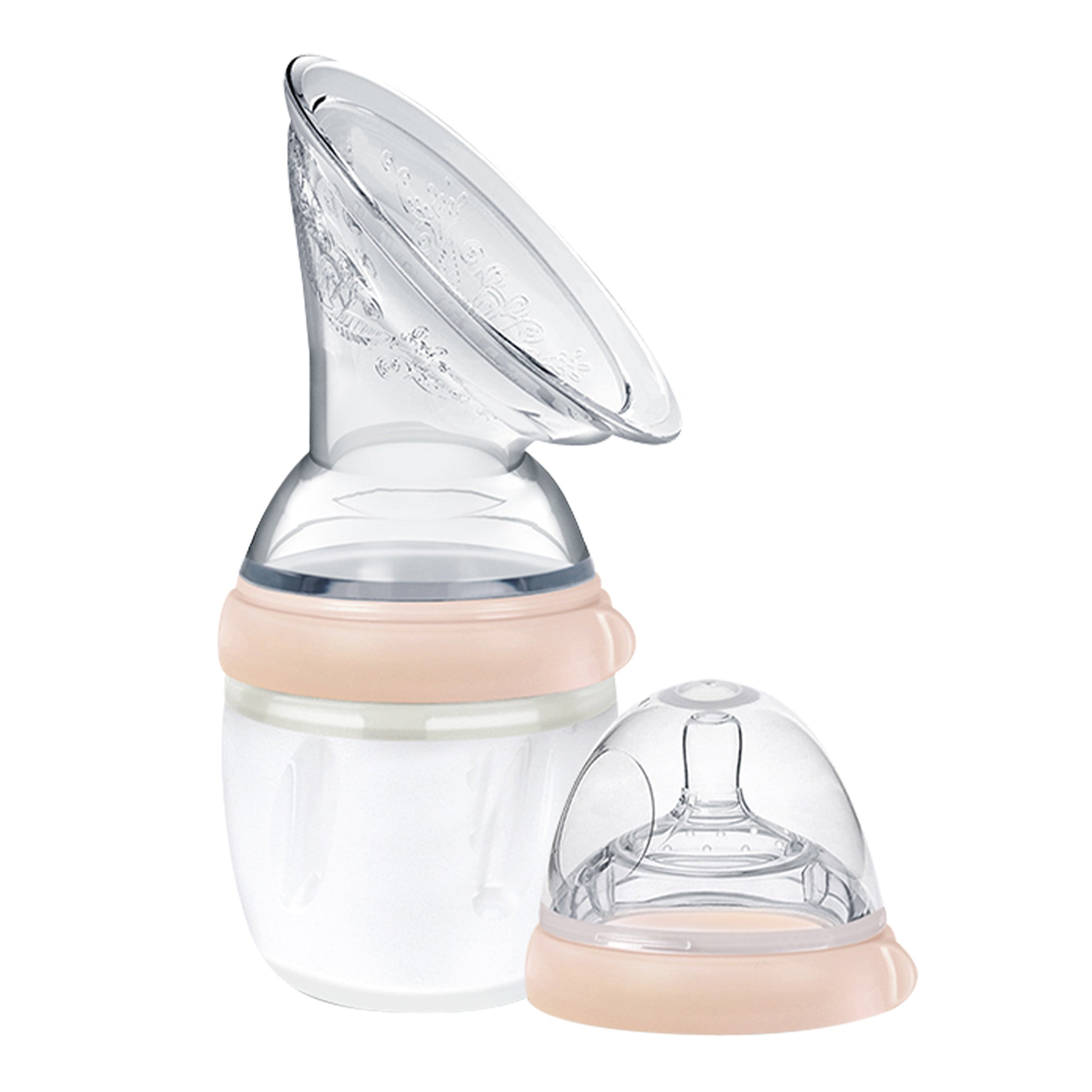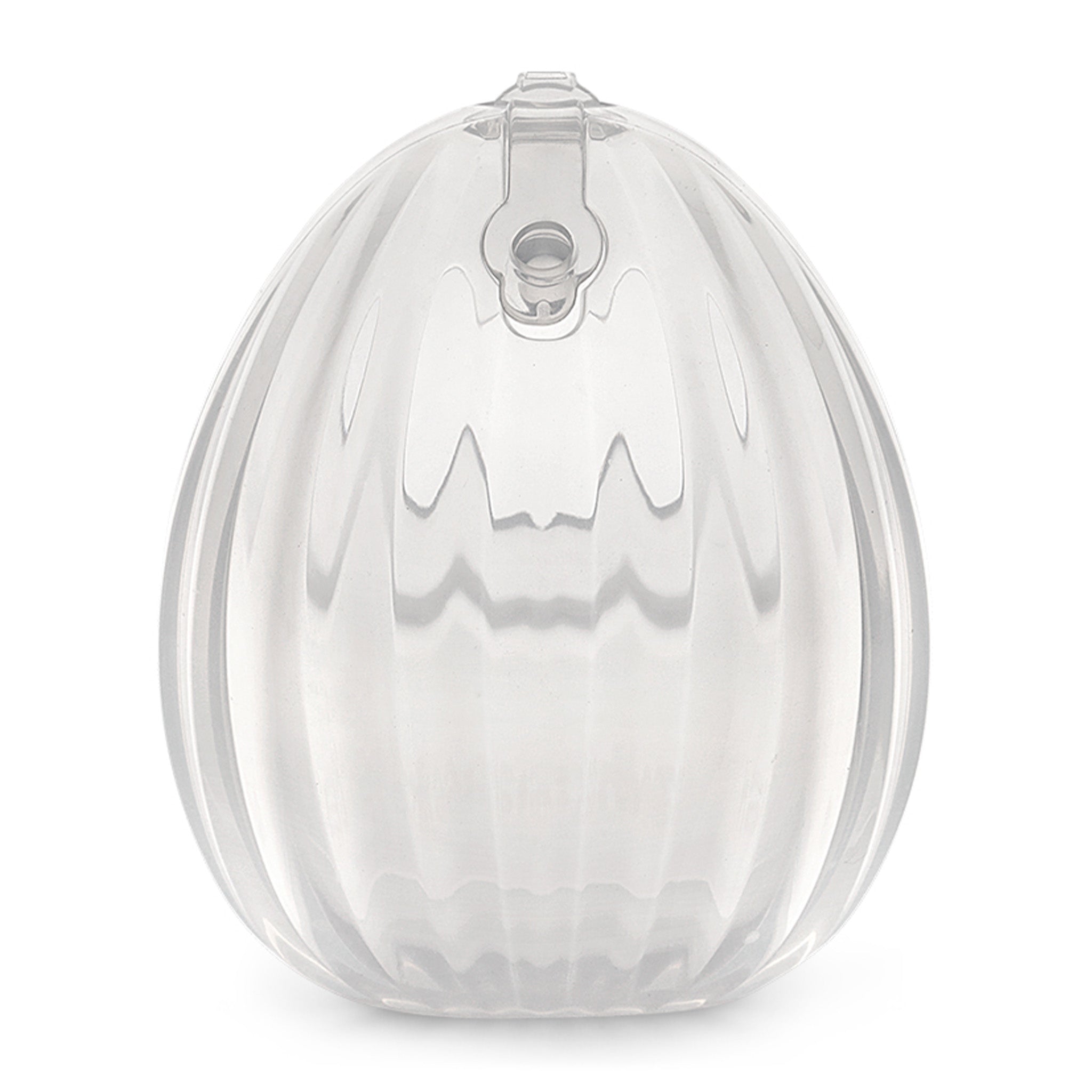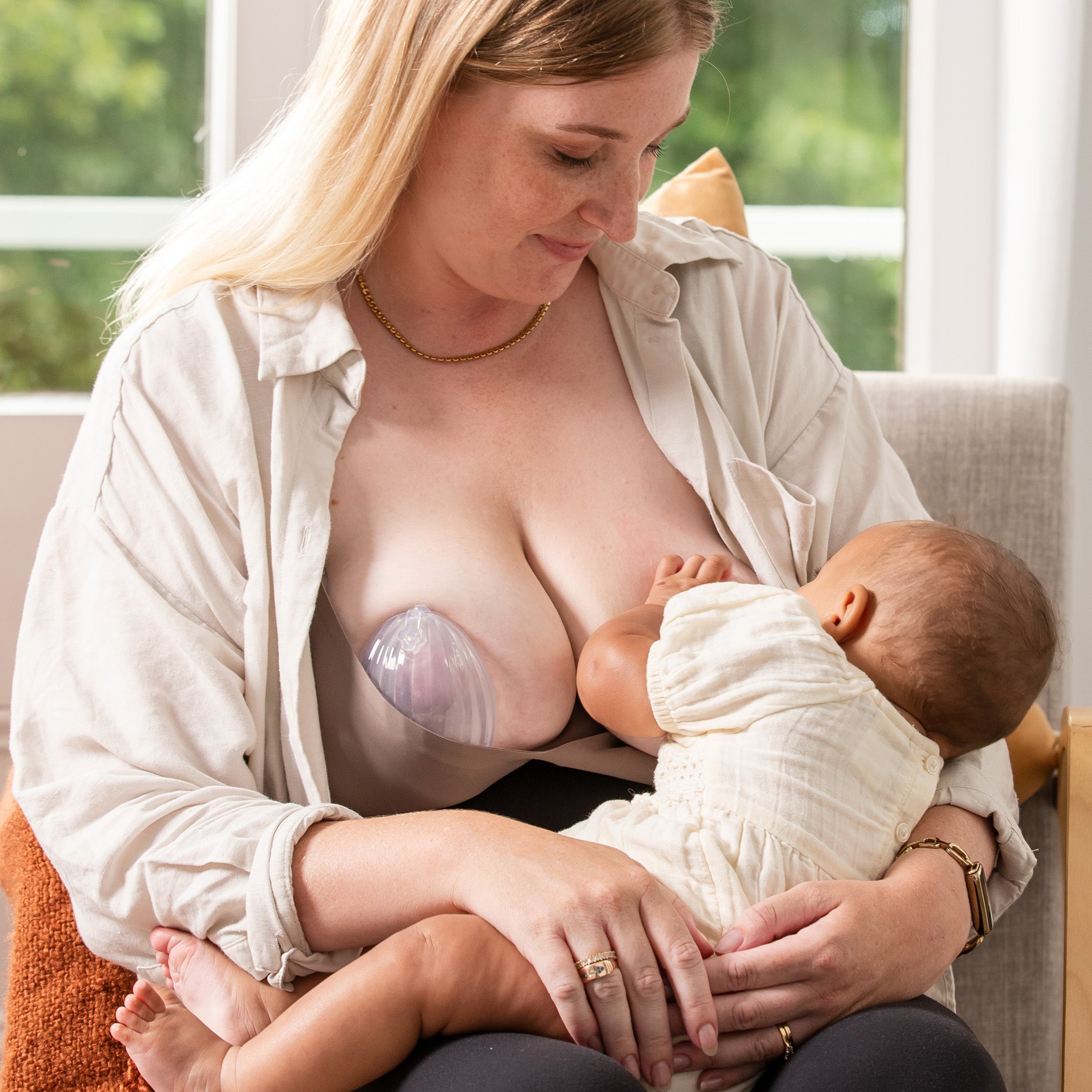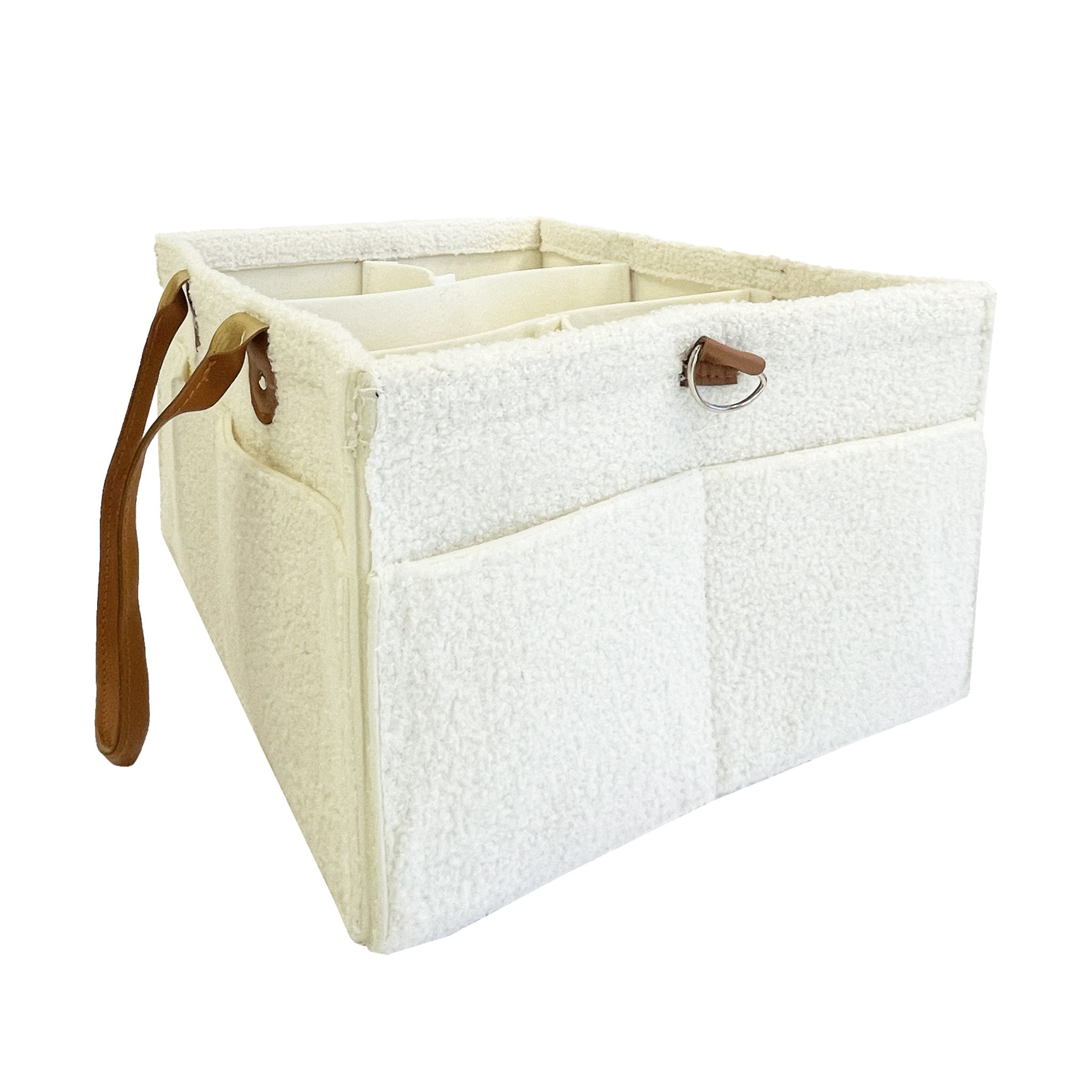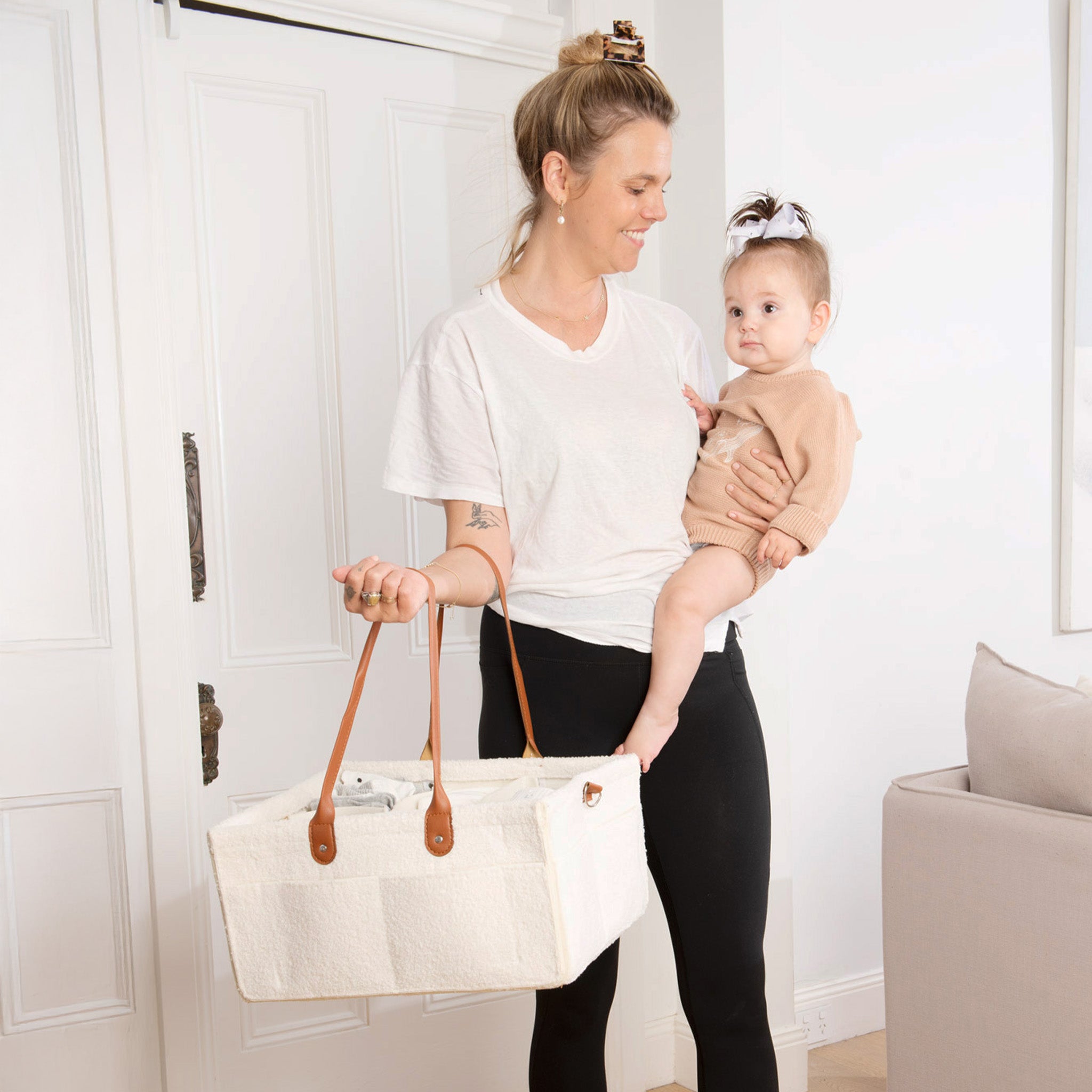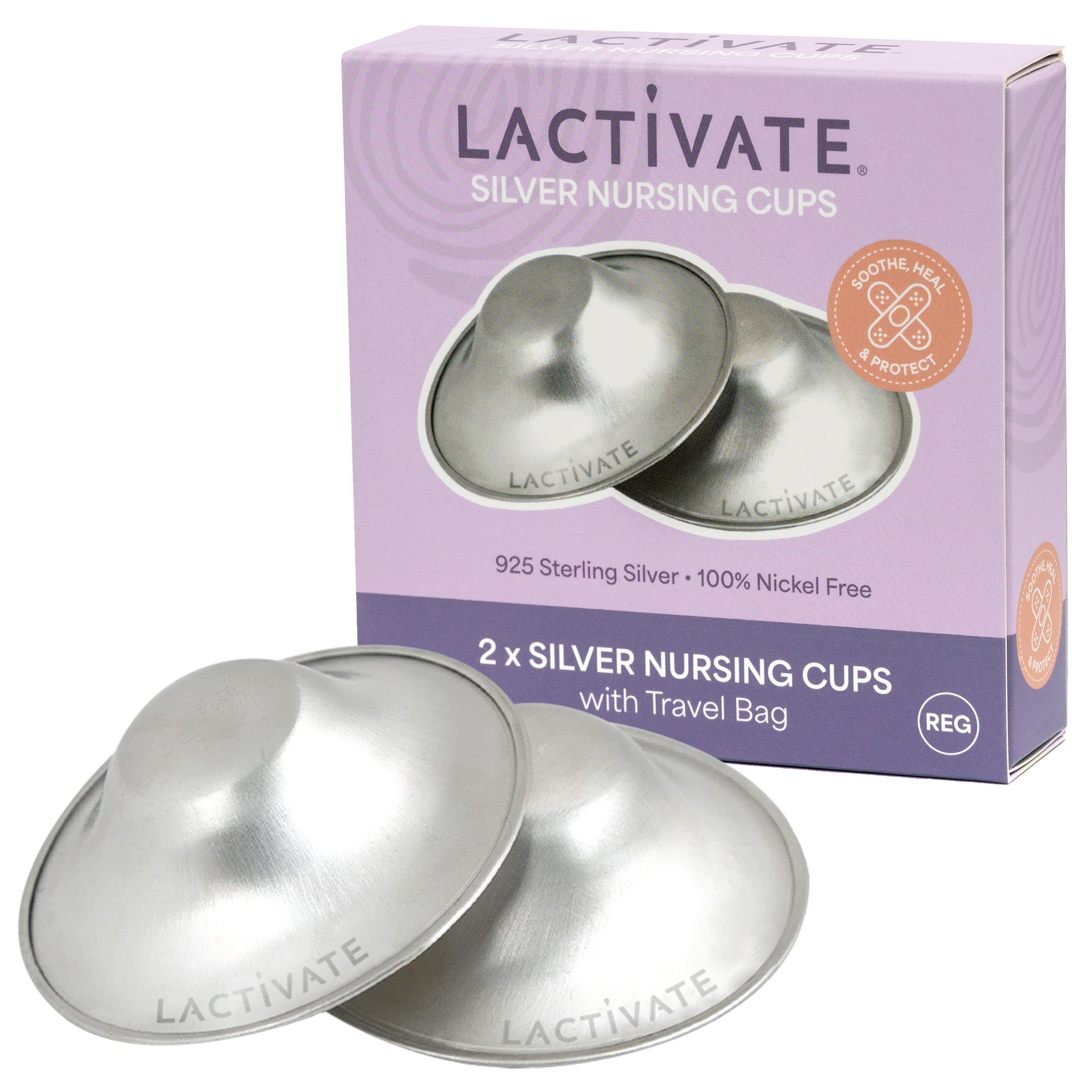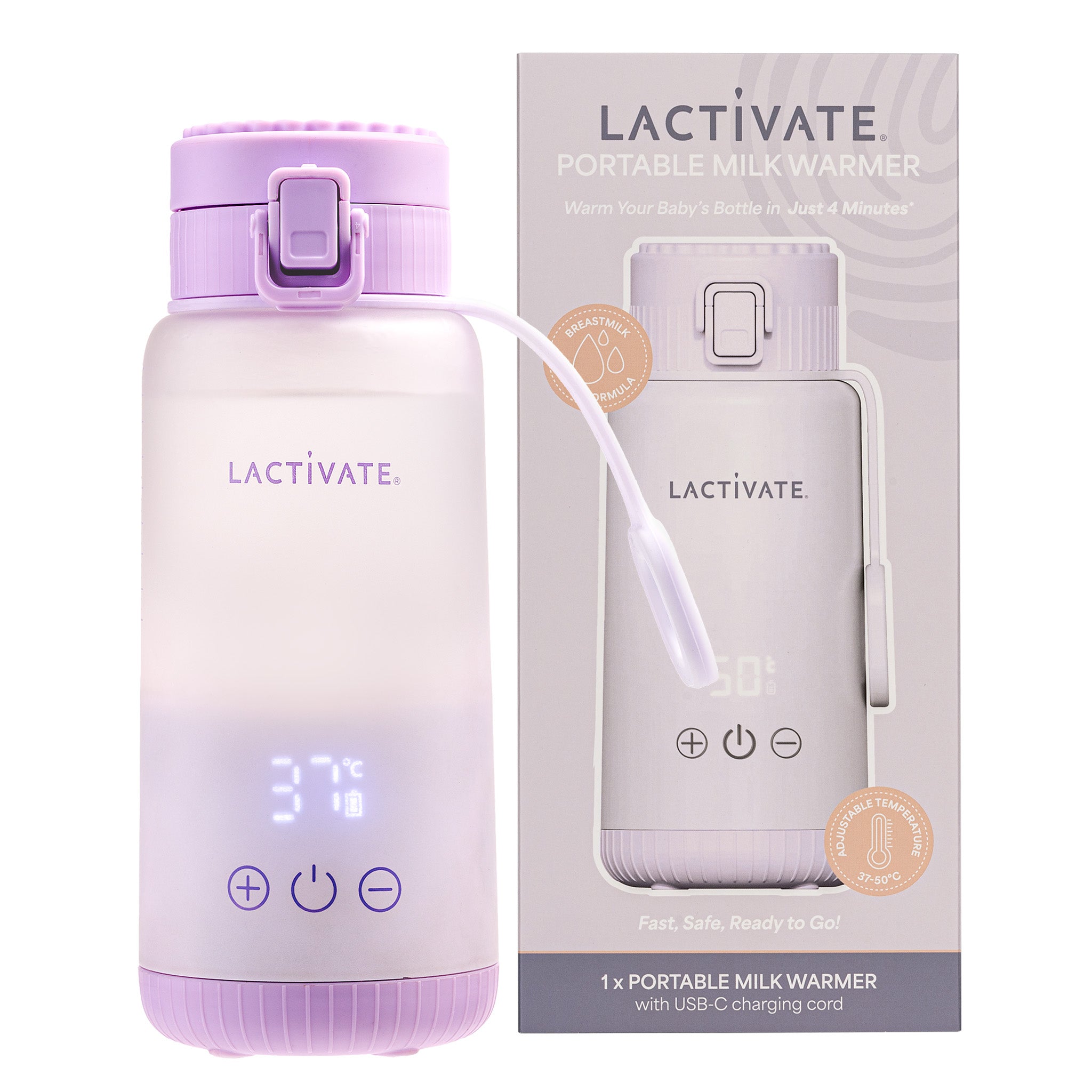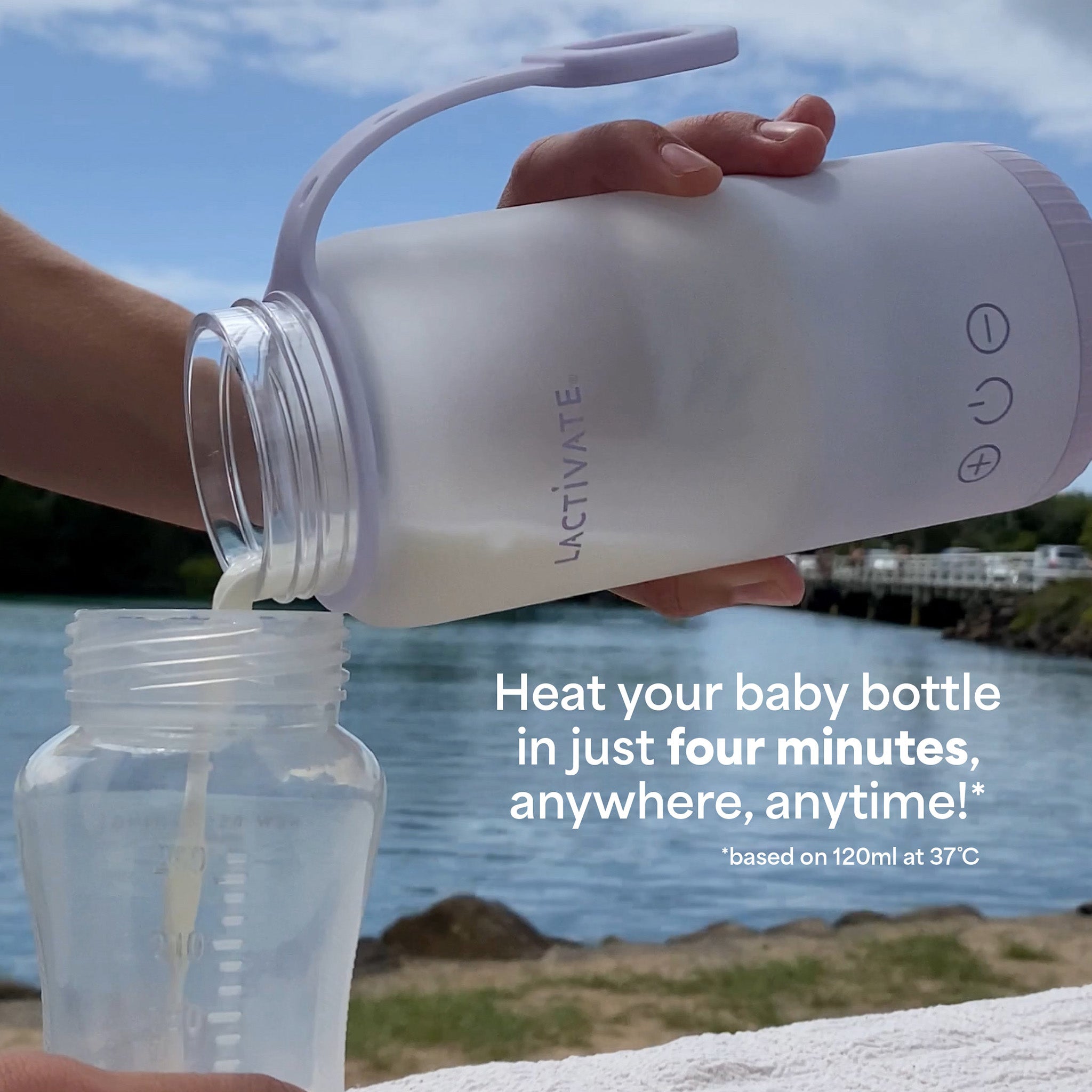Touched out. Psychologist Jessica Combs Rohr, Ph.D., ABPP, for Psychology Today has the best definition we’ve seen, describing it as feeling “completely saturated with physical touch, to the point where one more attempt at physicality feels like it might push you over the edge.” If you’re nodding your head, you’re not alone mama. Every parent can likely share a time when they felt ‘touched out’, even if they didn’t know that that was the word for it.
While being touched out often can’t be completely avoided (sorry!) there are ways to survive. We’re sharing them here.
Why do I feel touched out?
Prior to having children, it’s unlikely that you experienced the high level of need that comes with having a baby or toddler. Your little one needs you all the time, 24/7, even when you really don’t feel like being needed. It’s an intense experience to say the least, often made even more intense if you’re breastfeeding. Breastfeeding mothers carry the lion share of the responsibility for feeding their baby (and usually for soothing and helping them to sleep, as we know that boobie is the cure for almost everything). It's a lot. Many mums have had the experience of reaching the end of a long day and craving just being left alone, with no-one touching, sitting, lying on them, or generally just being acutely needed. This is completely and utterly normal, and in many respects, makes total sense. Everyone needs their own space and body autonomy, even mums who have willingly given up most of both of theirs. I still recall my husband coming home from work and asking me what he could do to help when I was in the trenches with 3 young children; one still breastfeeding all day and night and I told him that all I wanted was to sit on the couch, completely alone, with no-one touching me or even coming near me. It didn’t change the fact that I would soon be needed again, probably by multiple children, but it gave me the chance to breathe and reset, two things I felt I hadn’t been able to do that day.
The impact on intimacy
When you’re feeling touched out, it’s likely that physical contact in ANY form may be unappealing. This includes from your partner. Add in the natural hormonal shifts that occur after birth and due to breastfeeding and it’s not unusual for sex and intimacy to be at the very bottom of your ‘Things I want to do,” list. It’s important to remember that being touched out and not wanting to have sex does not mean that there is something ‘wrong’ with you or that you’re no longer interested in your partner. It just means that, in the season you’re currently in, things have shifted and other ways to be intimate may need to be considered. The key to navigating this period? Communication. Speak with your partner about how you’re feeling and why. Explain that you’re finding it tough to ‘get in the mood’ when you’ve literally had a child attached to you for 12 hours straight. And work through some solutions together. Remember, this time of your relationship won’t last forever (even if some days it feels like it will!)
The guilt factor
Women, especially mothers, are very good at finding things to feel guilty about. It should come as no surprise then that mums will often feel bad about being touched out or craving some alone time, wrongly believing that should be ‘mum enough’ to handle the intense needs of their little ones without complaint. This is absolutely not true. ALL mums need a break at some time. Understanding and honouring that need makes you a great mum and one who gets that she needs to fill her cup so that she can continue filling everyone else’s.
Surviving being touched out
It’s very hard to avoid being touched out at some times. Unfortunately, it’s just one of those parts of parenting that happens though you may notice it ebbs and flows in intensity. The best way to cope? Understanding what being touched out looks and feels like for you and what is most likely to cause it. For some mums, it may be cluster feeding periods. For others it could be periods of co-sleeping and/or overnight feeding. A sick baby or toddler or one going through a wonder week or growth spurt could also lead to intense levels of neediness. Most mums will recognise when their little one(s) seems to need higher levels of physical contact and when that is starting to feel oppressive. When that starts to happen, it’s time to put strategies in place when and where you can to lessen the load. What can you do to get back some bodily autonomy? Can your partner, a family member or friend be called upon to help, even for a short period? This could look like them literally holding the baby while you have a shower alone or wearing the baby carrier while you go for a walk just so you don’t have to.
This, of course is made much easier when you have built your village and have a support network to call on for help. If you don’t have readily available support, it can be tough, and you may feel very isolated. Remember, you’re not alone. You can find support through your local early childhood centre or nurse, GP or other community services in your area. Sometimes just having someone to talk to, be it a professional or another mum at a Mother’s Group can help lighten the load a little. It’s also important to remind yourself that you’re doing a wonderful job and if you need to lighten your load a little, that’s ok. Your little one will survive if you switch your usual hands-on-play for an episode or two of ‘Bluey.’ Outsourcing dinner to MenuLog or the microwave isn’t the end of the world and if your load of washing ends up being washed multiple times then chucked in the dryer so that you can actually take 5 minutes to sit down while the baby sleeps, well you wouldn’t be the first (or last) mum to do it. When I was feeling really touched out, I would switch from the baby carrier to the pram, just so I could stretch out my poor, sore shoulder muscles and feel the weight of my little one off my chest for a short period. Finding little ways to lessen the load, and, if you can, give yourself some physical distance, like the carrier to pram switch, can really help. You’ve got his mama!



